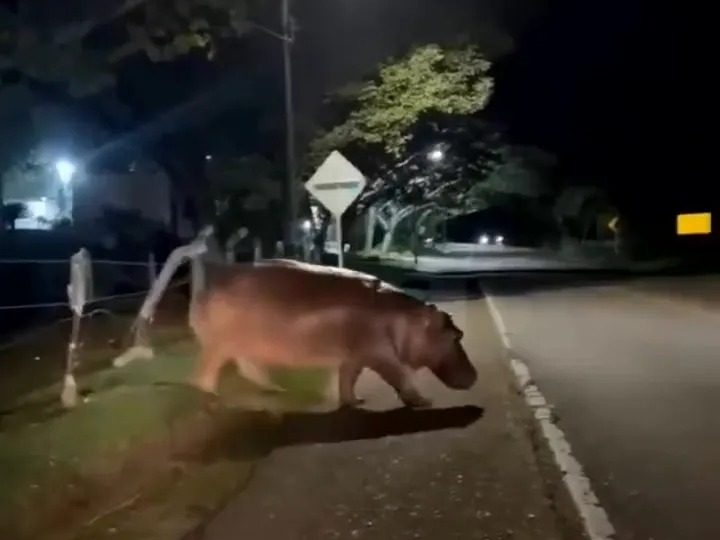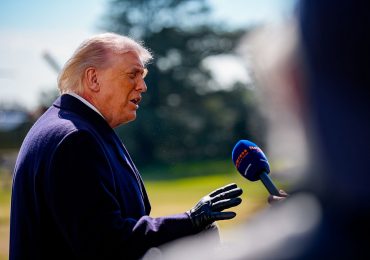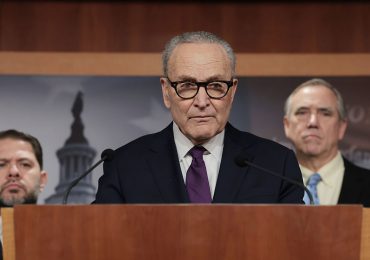THIS is the terrifying moment a cocaine hippo rampages across the road as Pablo Escobar’s “out of control” beasts face execution.
The “out of control” beasts escaped from the cartel kingpin‘s compound when he died in a police shootout in Medellin in 1993.
The massive beast was captured crossing the roadJam Press
The bizarre incident happened in Doradal near Puerto Triunfo, ColombiaJam Press
The hippo was captured trying to squeeze itself through a fenceJam Press
Alamy2CCMENN Mug shot of Colombian drug lord Pablo Escobar, taken in Medellin in 1976[/caption]
Officials have since been working tirelessly to halt them from breeding as they now sum up to 200 animals that are damaging local landscapes and wildlife.
But experts fear their numbers could grow to more than 1,000 if they are not killed off.
One of the stocky mammal’s was captured on camera waddling leisurely across the single-carriageway at night.
Bikers stopped so it the terrifying animal could safely reach the other side – and watched it squeeze itself through the fence.
The bizarre incident happened in Doradal near Puerto Triunfo, Colombia on Sunday.
The hippopotamus disappeared into an area of woodland beside the motorway between Medellín and Bogotá.
Hippos are a vulnerable species native to sub-Saharan Africa and are found in Colombia because drug lord Pablo Escobar brought them to the country in the 1980s.
He imported them as part of his dream to have a safari park on the grounds of his estate near Puerto Triunfo.
They were referred to as his “cocaine hippos” because he illegally brought them in while running his drug empire.
When Escobar was killed in December 1993, they were left undisturbed and bred to the point where they threatened the local ecosystem.
The Colombian Ministry of Environment declared them an invasive species in March 2022, according to What’s The Jam.
They are considered aggressive and are even known to have killed people who have come into close contact with them.
Now Administrative Court judges in the Colombian capital Cundinamarca have ordered the state’s Environment Ministry to execute the animals within three months.
Judges last Friday warned that previous bids to reduce the herd have failed and it has now grown to such a size that it could endanger human life.
Attacks on fishermen have been reported on the Magdalena River, and experts argue manatee populations could also be threatened.
Environmental legal expert Juan Pablo Sarmient said: “The discussion on what to do with invasive species is a global problem.
“However due to the time that the presence of hippos in the country has spread, it has become a situation that cannot be prolonged any longer.”
He added: “These decisions must be faced to wipeout an invasive species because the impact they have on the environment generates risk to human beings.”
AFPThe beasts escaped the kingpin’s Hacienda Napoles estate and have been out of control ever since Escobar’s death[/caption]
Who was Pablo Escobar?
PABLO Escobar was a notorious Colombian drug lord and the leader of the Medellín Cartel, one of the most powerful and violent criminal organisations in history.
Born on December 1, 1949, in Rionegro, Colombia, Escobar rose from humble beginnings to become one of the richest and most feared men in the world through the illegal cocaine trade.
During the 1980s, Escobar controlled the majority of the cocaine entering the United States, making billions of dollars.
He was known for his ruthless tactics, including bribery, intimidation, and murder, to maintain power and influence.
His cartel was responsible for thousands of deaths, including those of government officials, judges, police officers, and civilians.
Escobar’s influence extended beyond the drug trade.
He used his wealth to fund social programs in his hometown of Medellín, building houses, schools, and sports facilities, which earned him some support among the local population.
But his reign of terror also led to significant violence and instability in Colombia.
The Colombian government, with support from the United States, launched a massive manhunt to capture Escobar.
He was eventually killed by the Colombian National Police on December 2, 1993, in Medellín.
Scientists fear that even the hippos’ excrement could also threaten fish species in Colombia as a single hippo produces up to a 20lbs of waste every day.
In Africa, where the beast originates, its waste provides key nutrients for fish and rivers and lakes to feed on.
But in Colombia, local flora and fauna are unable to feed on it and risk being killed off as a result.
Wildlife groups have previously urged the government to try controlled culling and even sterilisation to avoid mass killings.
Some even campaigned for the herd to be rounded up and flown to Mexico.
Despite efforts to control their numbers, there are believed to be about 169 feral hippos in Colombia as of 2024.
Experts have considered many approaches over the years in a bid to exterminate the deadly animal not native to Latin America.
In 1998, the Colombian government seized control of Escobar‘s Hacienda Napoles estate and transferred the majority of his animals to domestic zoos.
But not all of them made the cut – some were too dangerous to relocate and several have since multiplied and ruined crop, including three females and one male.
Experts are keen to castrate wild hippos despite public outcry at their previous attempt to slaughter the beasts.
And last year, Colombia‘s Environment Minister Susana Muhamad announced that they intended to solve the issue.
She said a culling programme would run alongside a sterilisation one sending the randy beasts to new homes in other countries.
But since then no action has been taken.
The terrifying creatures were rounded up last year but wildlife specialists bemoan that they’re still awaiting permits to move over 70 of them.
Escobar‘s personal zoo housed an array of animal species in addition to hippos.
At the peak of his drug empire he employed over a staggering 1,000 house staff and even had a bullring and theme park in his Hacienda Napoles estate.
Jam PressBikers stopped to let the hippo pass[/caption]
Leave a comment








